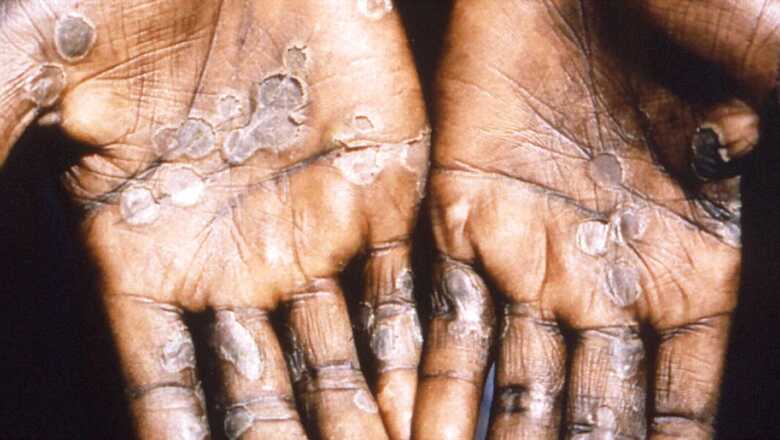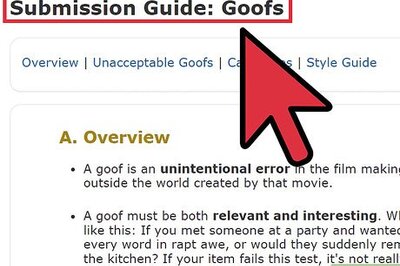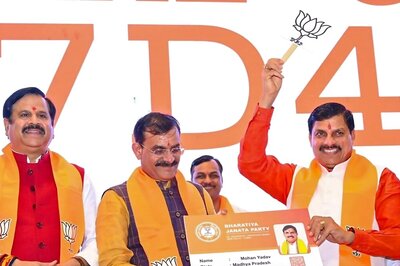
views
The Union Health Ministry on Tuesday issued guidelines to states and union territories on the management of the Monkeypox disease. The ministry said that clinical specimens from suspected patients should be sent to NIV, Pune’s apex laboratory through Integrated Disease Surveillance Programme (IDSP) network.
It also asked the states to monitor contacts of the suspects at least daily since the onset of the symptoms for a period of 21 days from the last contact with a patient or their contaminated materials during the infectious period.
In the ‘Guidelines on Management of Monkeypox Disease’, the health ministry stressed surveillance and rapid identification of new cases as the key public health measures for outbreak containment, mandating the need to reduce the risk of human-to-human transmission. It stated that India needs to be prepared in view of the increasing reports of cases in non-endemic countries even as no case of monkeypox virus has been reported in the country to date.
So far, more than 300 suspected and confirmed cases of monkeypox have been reported this month, mostly in Europe.
The ministry guidelines also proposed a surveillance strategy to rapidly identify cases and clusters of infections and the sources of infections as soon as possible in order to isolate cases to prevent further transmission, provide optimal clinical care, identify and manage contacts and protect frontline health workers and effective control and preventive measures based on the identified routes of transmission.
According to the guidelines, a confirmed case is laboratory confirmed for monkeypox virus by detection of unique sequences of viral DNA either by polymerase chain reaction (PCR) and/or sequencing. All the clinical specimens should be transported to the apex laboratory of ICMR-NIV (Pune) routed through the Integrated Disease Surveillance Programme (IDSP) network of the respective district or state.
Bengal, Tamil Nadu keeping close watch
Even though India has so far not confirmed any case of the disease, states like Tamil Nadu and West Bengal have stepped up vigil.
Indicating the chances of monkeypox case cannot be ruled out in the country, the Tamil Nadu Health Department on Tuesday advised international airports in the state to step up surveillance with regard to the disease and directed the respective health officer to collect samples of passengers who show symptoms on arrival from the affected countries.
The West Bengal government has also asked hospitals in the state to set up separate facilities to accommodate patients coming from abroad with symptoms of monkeypox. In an advisory, the Health Department asked hospitals to keep isolation beds ready and directed them to collect samples from suspected patients and send those to the Pune-based National Institute of Virology.
The Health Ministry had last week advised all states to direct hospitals to watch out for symptomatic patients who have travelled to the countries, where monkeypox has been detected, recently and isolate them at designated healthcare facilities. The ministry had also asked health officials at airports and ports to step up surveillance and isolate symptomatic travellers from monkeypox-affected countries and send their samples to the NIV for investigation.
Monkeypox, however, doesn’t seem to pose a bigger health challenge similar to the Covid pandemic. Recently speaking to News18, Dr Nivedita Gupta, head of virology at the Indian Council of Medical Research (ICMR), said that unlike coronavirus, monkeypox will not spread like wildfire, but vigil has been stepped up across India. ICMR is closely monitoring the global surge of the monkeypox virus and evaluating the possible options.
Echoing similar sentiments, the World Health Organisation (WHO) had also said recently that the monkeypox outbreak outside Africa is unlikely to lead to a pandemic, adding it remains unclear if infected people who are not displaying symptoms can transmit the disease. Asked whether this monkeypox outbreak has the potential to grow into a pandemic, Rosamund Lewis, technical lead for monkeypox from the WHO Health Emergencies Programme said: “We don’t know but we don’t think so.”
Monkeypox is a usually mild illness that spreads through close contact and can cause flu-like symptoms and pus-filled skin lesions.
(With agency inputs)
Read all the Latest India News here



















Comments
0 comment